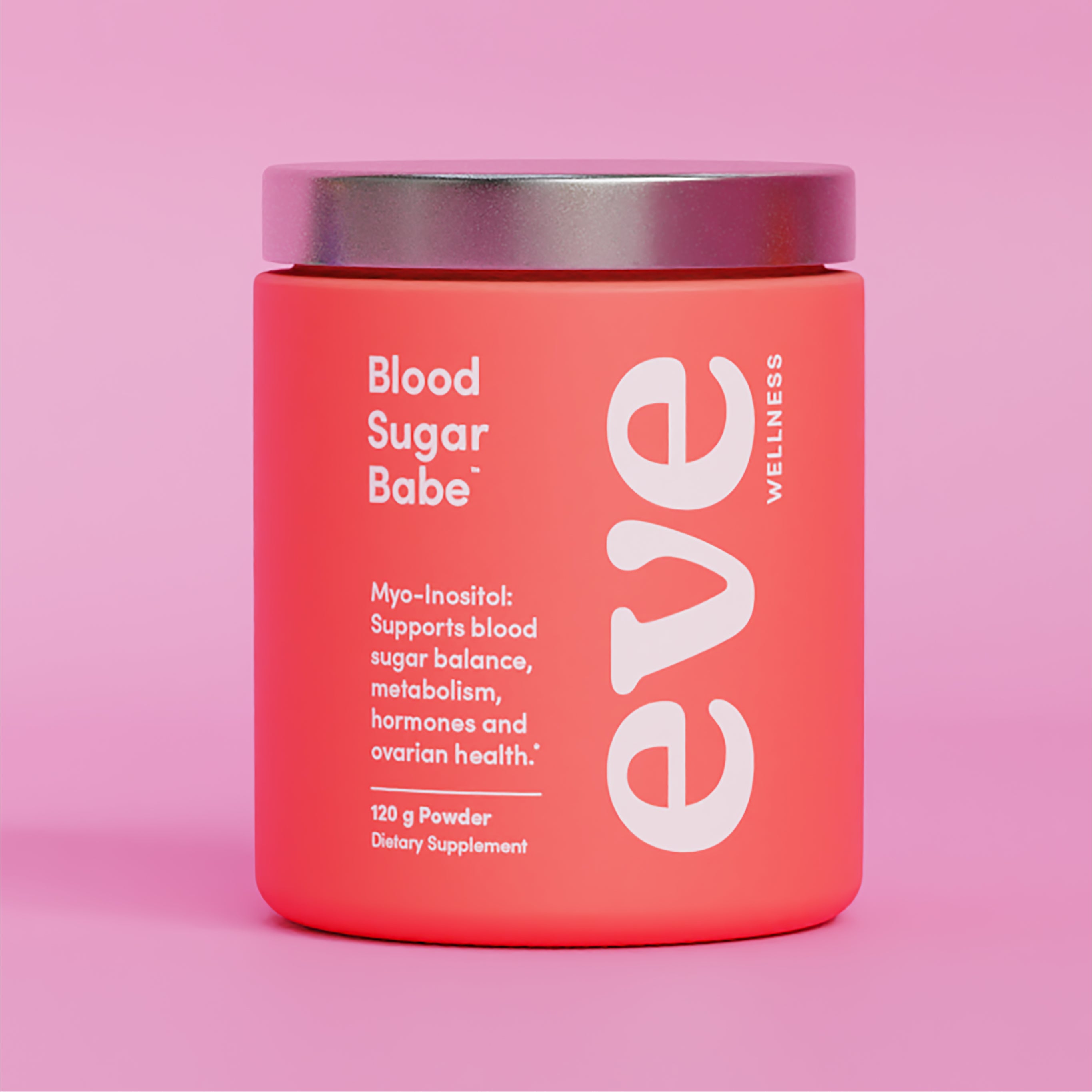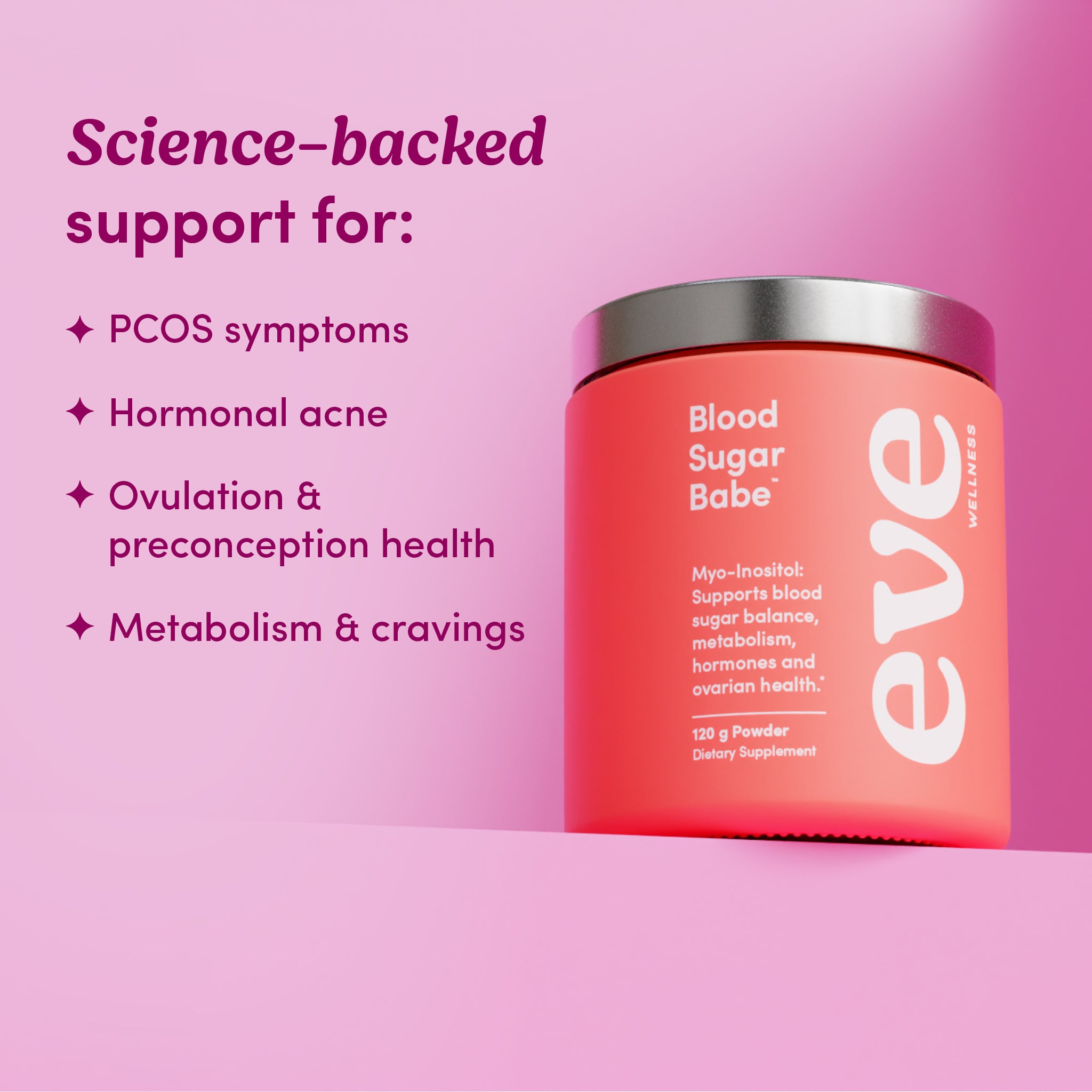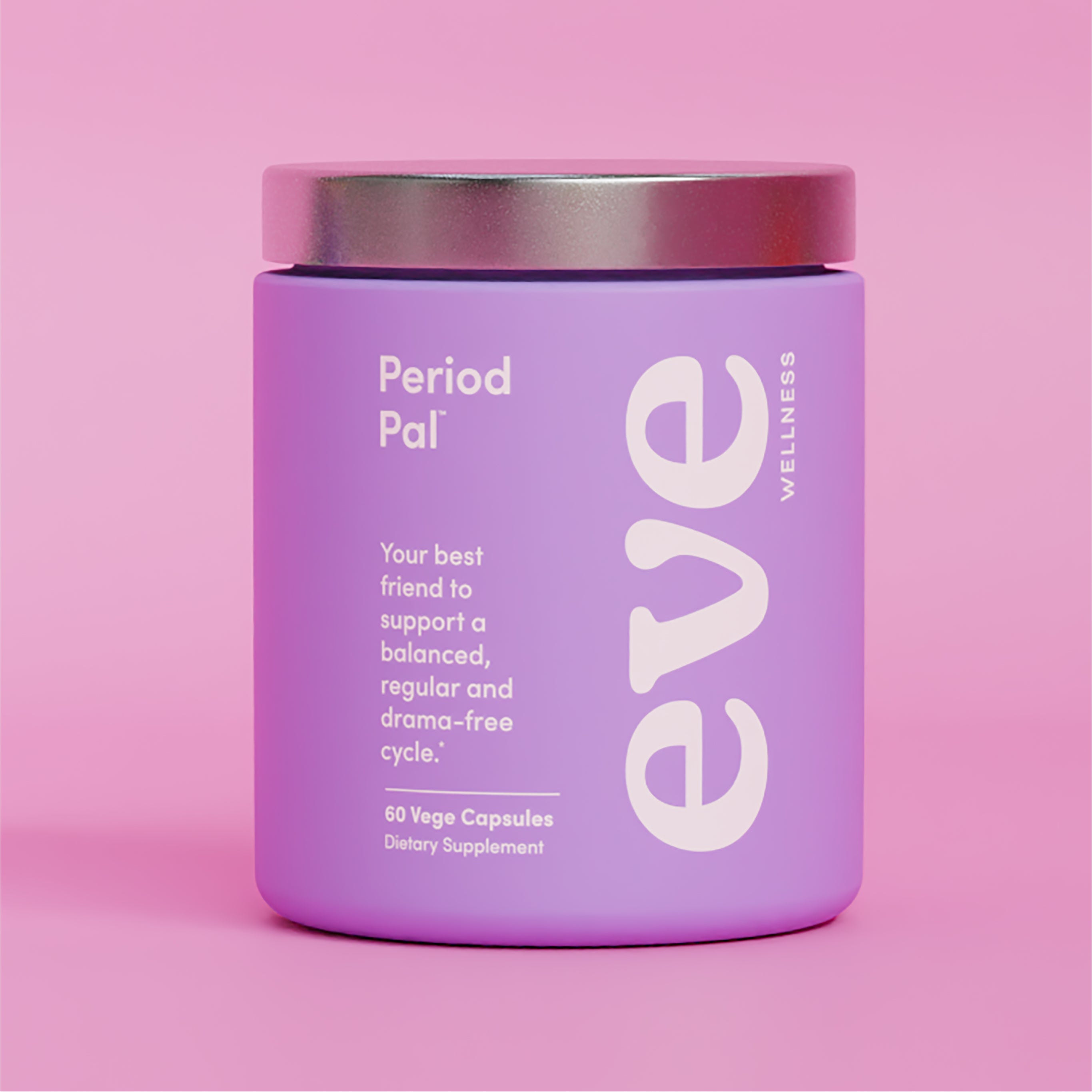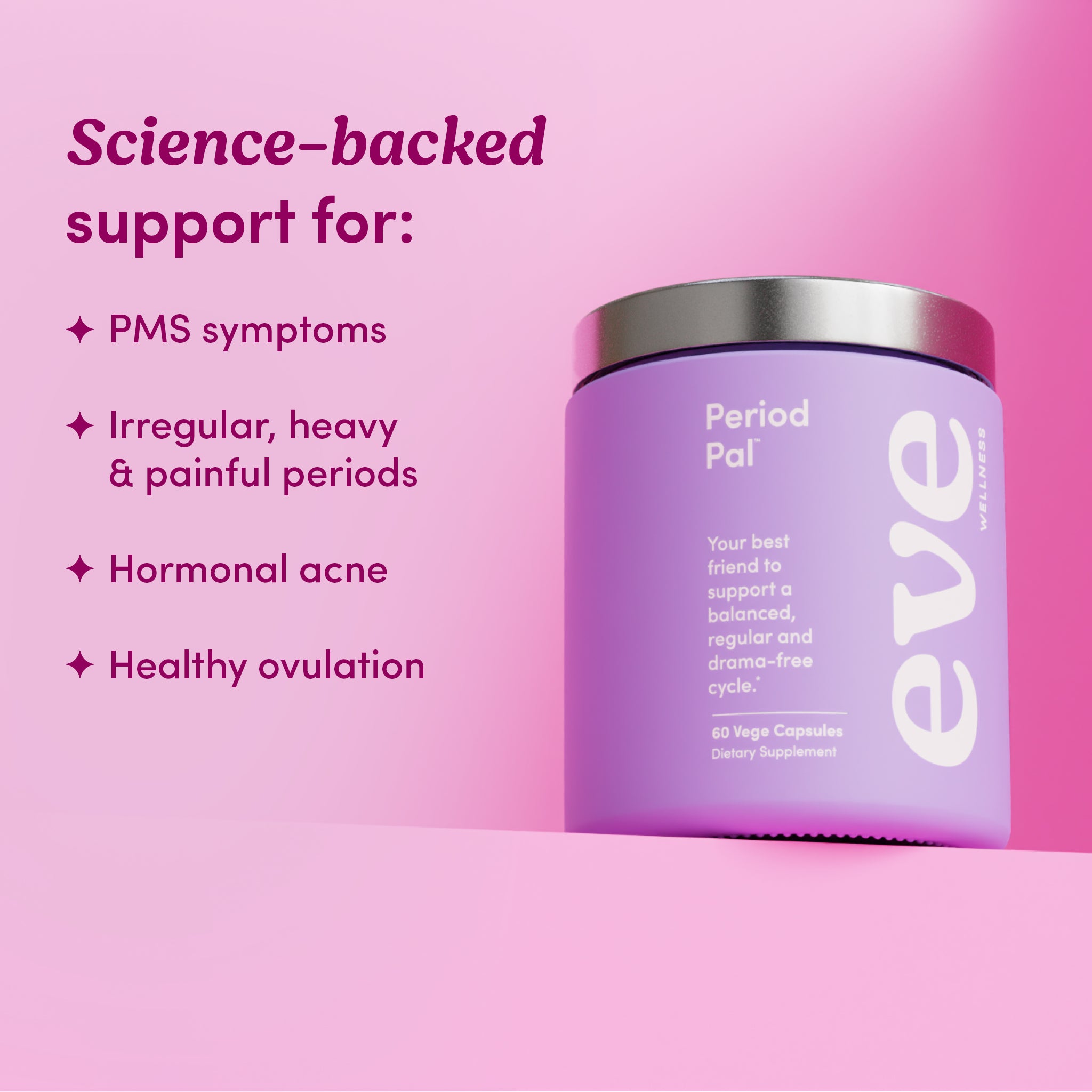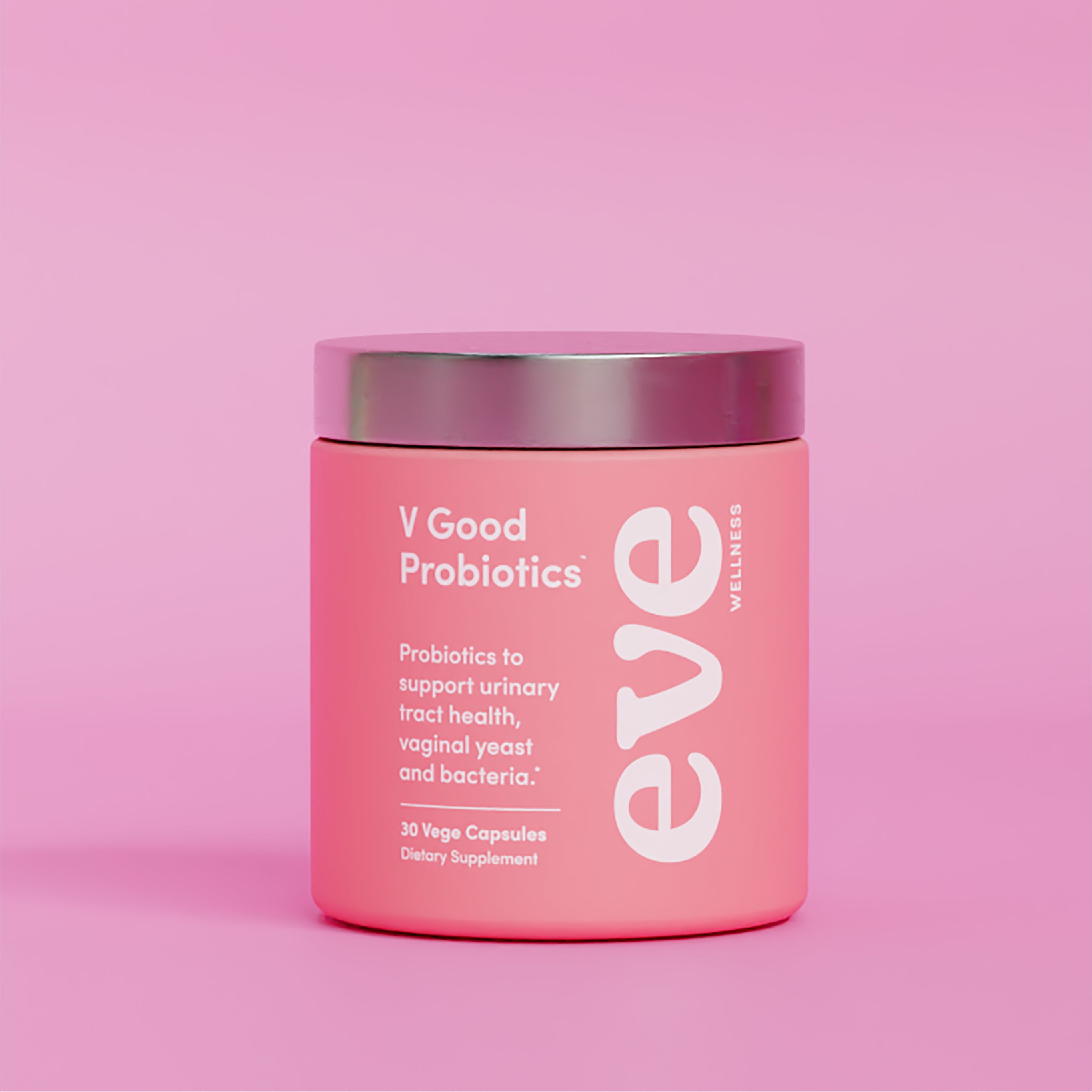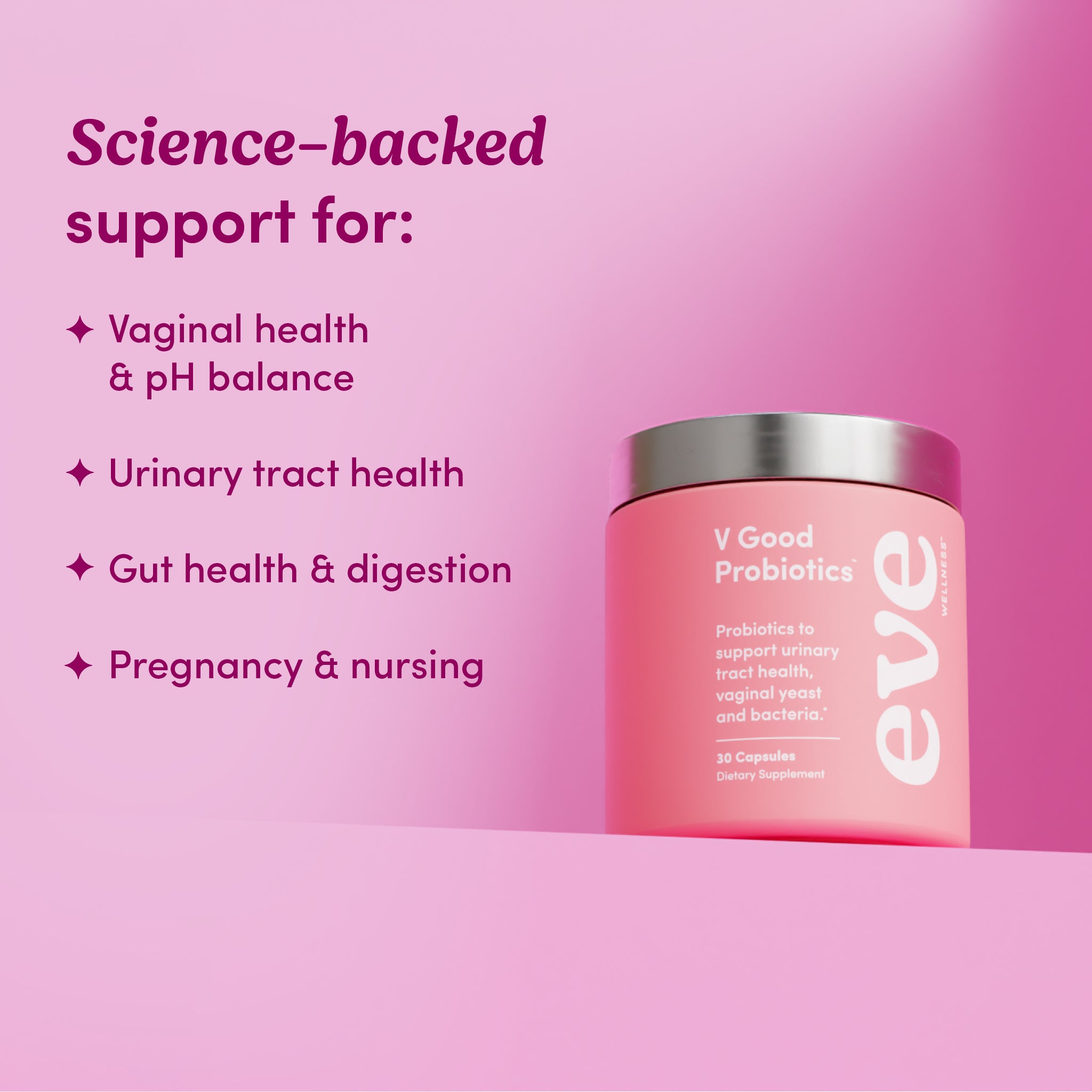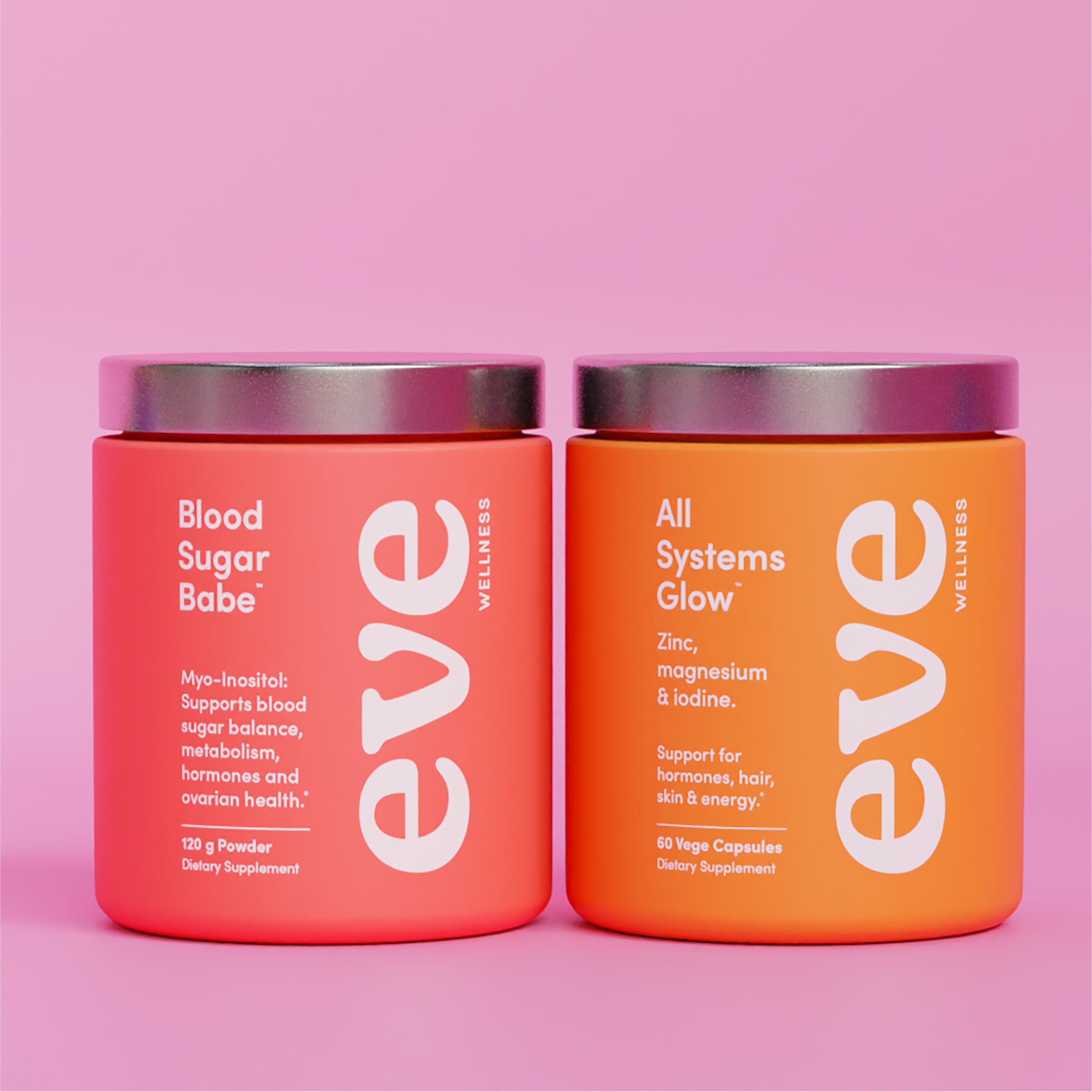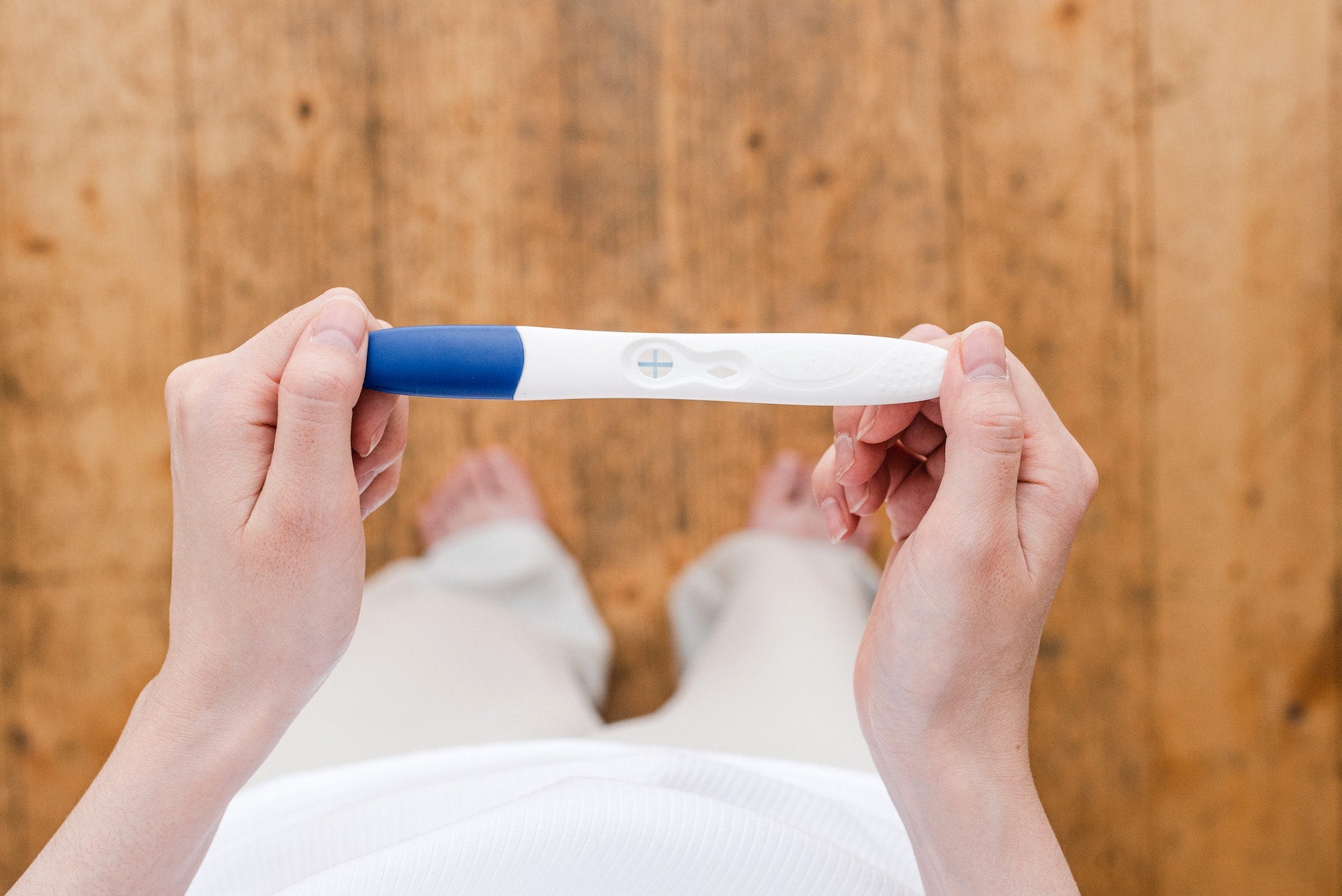Whether you’re actively trying to get pregnant, or you think you might like to at some stage, there are plenty of ways you can start supporting your body for a healthy conception, pregnancy and bub.
No matter where you are on your journey, the tips in this blog can help you prepare your body for the incredible process that is creating and growing new life.
Side note: let’s be real here, not all pregnancies are planned months to years in advance, (or planned at all) - and that’s okay too. But if you are blessed with time to plan and prepare, here are the best things you can do to support your body through the process from conception to sleepless nights as smoothly as possible.
1. PLAN AHEAD
Our number one tip for fertility and pregnancy is to plan ahead! You want to allow plenty of time to ensure your hormones are nicely balanced, that you are ovulating regularly, and your body has enough nutrients on board to support both your health, and that of an additional growing human.
When we opt for hormonal birth control (such as the pill, IUD or injections) we often assume that after coming off it, we will be able to fall pregnant straight away. While this can be the case for some women, for others it can take months and even years to establish regular, ovulatory cycles after birth control.
It’s impossible to really know how your body will respond when you come off hormonal contraception and ask it to start making its own hormones again, but a few helpful guiding factors include:
- What age you started hormonal contraception;
- How long you have been on it;
- What your natural cycles were like pre birth control.
Make sure to allow plenty of time for your natural cycles to resume, and to address any underlying hormone imbalances that the pill may have been masking. Barrier methods such as condoms are a great option for the interim.
2. BUILD YOUR NUTRIENT STORES
In the nicest way possible, babies growing inside their mother are a bit like a parasite (bear with us!) - in the sense that they take whatever nutrients they need with little to no regard for their ‘host’.
This can, and often does leave new mums massively depleted postpartum—also known as ‘postnatal depletion’.
Key nutrients that are used by a growing baby during pregnancy include:
- Zinc
- B12
- B9
- Iodine
- Selenium
- Omega-3 fatty acids like DHA
- Specific amino acids
These key nutrients aren’t only essential for supporting pregnancy, they also play an important role in hormone production, detoxification, energy, metabolism and producing the neurotransmitters we need to support our moods & mental health.
To ensure your body has enough nutrients to meet the needs of both you, and your baby, we recommend supplementing a few months to a few years prior to conception and throughout pregnancy with a quality supplement like BePure Mum's One (under the guidance of a health practitioner).
3. SUPPORT YOUR MICROBIOME(S)
You probably already know that you have a gut microbiome, but did you know you also have an important ecosystem of bacteria, fungi and viruses in your reproductive tract as well?
Yes, it’s a thing, both the vaginal and uterine microbiome play key roles in keeping women healthy, and can influence whether or not a newly fertilised embryo implants or is miscarried in the early stages of pregnancy.
While science in the field of the uterine microbiota is in its infancy, we do know that it is closely linked to the gut microbiome, and good gut health is essential for almost every other area of health.
It’s also worth noting that if you have a vaginal delivery, these microbiomes are the very first bugs a newborn is exposed to. Promoting a good balance of good guys and bad guys is a great way to get their health off to a good start from day one.
To support your gut, uterine and vaginal microbiomes, try:
- Eating less sugar and more fibre-rich foods (plants);
- Drinking plenty of water to support regular bowel movements;
- Including probiotic-rich foods in your diet, such as sauerkraut, kimchi, kombucha, coconut yoghurt and kefir.
- Eve's V Good Probiotics
4. BALANCE YOUR HORMONES
All of your sex hormones need to come to the party at the right time, and in the right amounts, in order to create the right biological environment for baby-making.
Oestrogen builds a nice cosy lining in the uterus and helps to trigger ovulation, while progesterone holds the lining in place and helps to maintain a supportive environment for a developing fetus in the early stages of pregnancy - until the placenta takes over.
If your oestrogen or progesterone levels are imbalanced, it may be more difficult for your body to fall pregnant and stay pregnant.
Think of your cycles and periods like monthly check-ins with your body that provide valuable insights into your health and hormones.
- Are your periods regular?
- Are they heavy, painful, or otherwise a total nuisance?
- Do you experience mood swings or feelings of overwhelm and anxiety?
- What about acne? Tender breasts? Or low energy?
These signs (and many more) are important feedback from your body as to just how nicely balanced and in sync with each other your hormones are.
5. KNOW YOUR BODY
If you want to fall pregnant one day (and even if you don’t), getting to know your unique cycle is one of the most powerful things you can do as a woman to build a deeper connection with your body.
Contrary to what we may have been taught in high school sex ed, women are actually only fertile for around 5-6 days each cycle; around the time of ovulation.
It goes without saying that if you want to get pregnant, knowing when you are most fertile is helpful information to have. The same goes for if you are actively trying not to get pregnant.
There are a few ways you can go about this:
- If you’re just starting out, try downloading an app (such as Flo, Clue or Kindara) to track your cycle.
- To keep a closer eye on ovulation and your fertile window, you can learn how to track your basal body temperature and cervical mucus.
Note: if you are using the natural fertility awareness method for contraception, we recommend working with an experienced FAM educator first.
